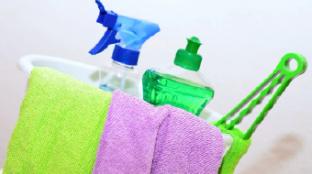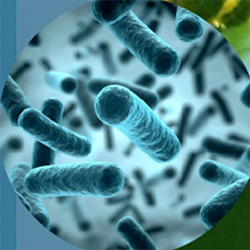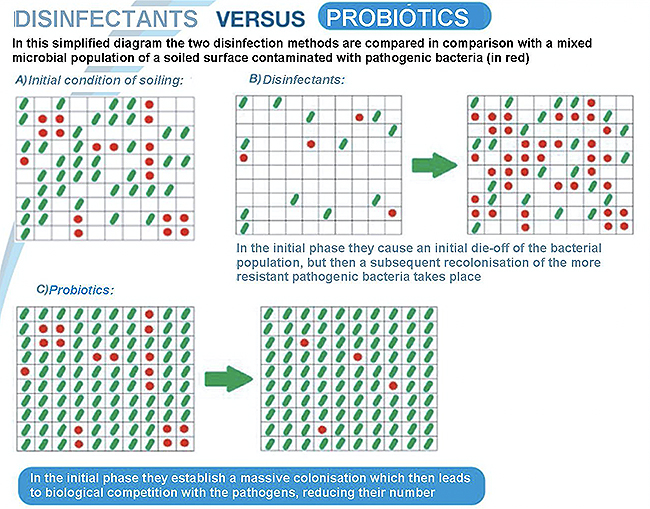Use your email address to subscribe to our newsletter and we will keep you up-to-date on the latest product developments, events and seminars.

We use essential cookies for the proper functioning of the site and third-party cookies to manage the different Google services (Analytics, Maps and Ads)
You can continue browsing if you accept this and you allow us to use them.
You can get more information regarding this by clicking on Cookies Policy
Accept only the essentials
Accept cookies







